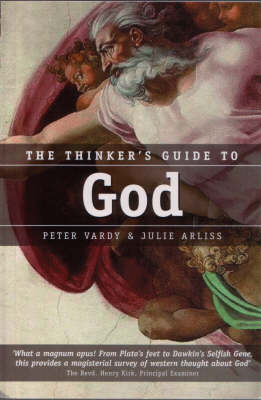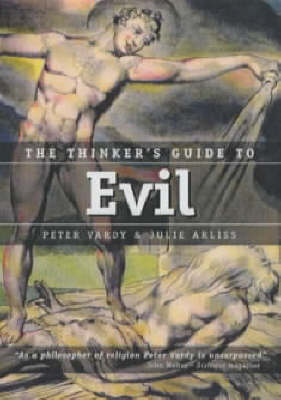Thinker's Guide S.
1 primary work • 2 total works
Book 3
The attempt to define what we mean by God, and indeed goodness, has been the central pre-occupation of western religion and philosophy. In the 21st century, with deteriorating relationships between Islam and the West, with fundamentalist movements growing and with terrorism increasing, the quest is as urgent and relevant as ever. Can one have goodness without God? Is goodness real or do we create it? Does the understanding of God change through our own scriptures? Where does our understanding of God and goodness come from? How does it relate to other virtues, particularly those of beauty and truth? What is the role of reason? What about the ways other cultures approach reality, and how can traditions live peaceably together? Peter Vardy concisely explores the range of approaches to God that has influenced the western Christian tradition in an easy-to-read, popular style.
Evil is one of the deepest and most central problems of human existence - a problem that every individual and every age must face for itself. Our grandparents' generation faced the evil of Hitler and the Holocaust, our parents' generation that of Stalin and Communism. We face terrorism and suicide bombers. But perhaps the question is not that simple. How did Nazism arise in Christian Germany? Do we not do evil ourselves? In a world where millions of children starve to death every year are we complicit in institutional evil? What exactly is evil? The authors explore our changing approach to evil, particularly in the Western Christian tradition, and the different answers that have been given. They look at the way our current ideas are presented in popular film and literature, like "Star Wars", "Lord of the Rings" and "Harry Potter". A wide range of great artists in the Western tradition is used to illustrate the way our understanding of these questions is fundamental to our humanity and our everyday behaviour.

